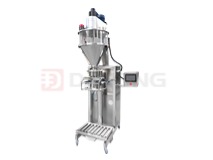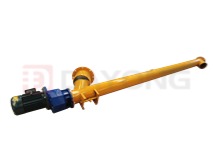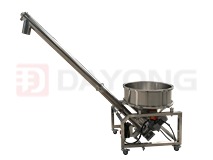Palm oil is an important edible oil widely used in food processing and cooking. In order to improve the quality and purity of palm oil, the filtration process plays a vital role in the production process. This article will introduce the key applications of vibrating screens in palm oil filtration and explore their advantages in improving product quality and production efficiency.
In the food processing sector, the quality and purity of palm oil are crucial. However, palm oil is contaminated by various impurities, plant fibers and solid particles during the production process, so effective filtration is required. Traditional filtration methods have problems such as complex processes, low efficiency, and poor filtration effects. The introduction of vibrating screens brings new solutions to palm oil filtration.
Part 2: Working principle and advantages of vibrating screen
The vibrating screen uses a vibration motor to drive the screen to produce high-frequency vibration, which separates solid particles on the screen. It has the following advantages:
High-efficiency filtration capacity: Through high-frequency vibration and multi-layer screen design, the vibrating screen can efficiently filter out impurities and solid particles in palm oil and improve filtration efficiency.
Adjustable screening parameters: The vibration amplitude and frequency of the vibrating screen are adjustable and can be optimized according to different filtration needs to achieve precise screening control.
Corrosion resistance: Vibrating screens are usually made of corrosion-resistant materials, which can resist chemical components and corrosive substances in palm oil, improving the durability and stability of the equipment.





 (Live chat)
(Live chat)
_213x160.jpg)




 +86-15136770681
+86-15136770681 sale@vibratingscreen.cc
sale@vibratingscreen.cc +86-373-3669006
+86-373-3669006 From West Room 5, 1st Floor, Building 18, Huilong Yangguang Mingyuan, New District, Xinxiang, Henan, China (Mainland).
From West Room 5, 1st Floor, Building 18, Huilong Yangguang Mingyuan, New District, Xinxiang, Henan, China (Mainland). Your Position:
Your Position:.jpg)



